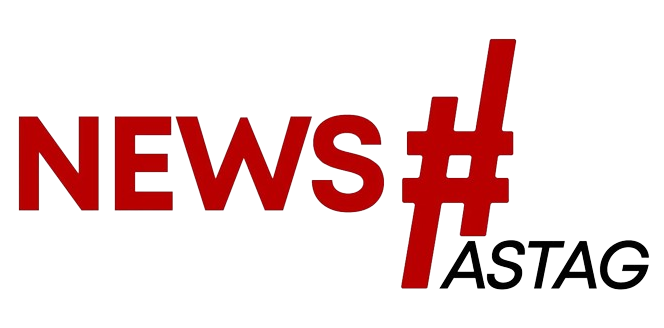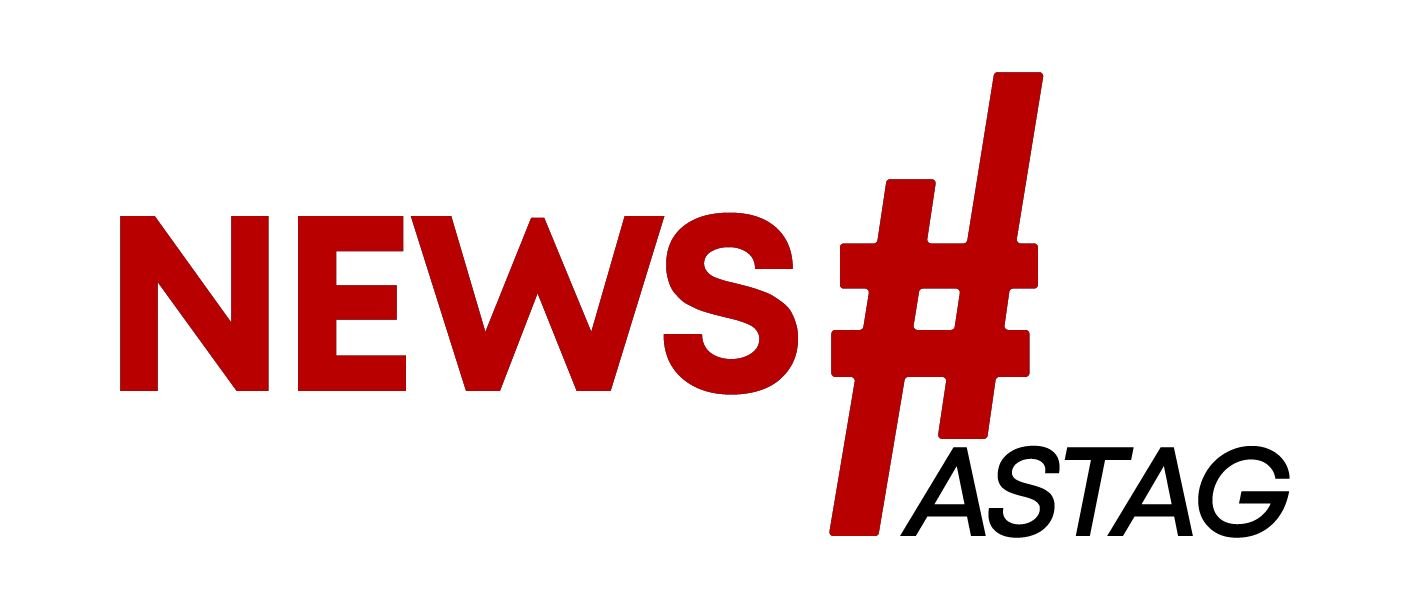Former President Donald Trump made a notable appearance at the highly anticipated Palmetto Bowl, a rivalry football game held in South Carolina. The event, featuring the University of South Carolina against Clemson University, took place in the state capital of Columbia. This move is part of Trump’s strategic campaigning in the key early-nominating state, gearing up for the Republican presidential primary in the coming year.
The Palmetto Bowl is a significant annual matchup between the two largest universities in South Carolina, drawing attention not only from sports enthusiasts but also from the political arena. Governor Henry McMaster, an alumnus of the University of South Carolina and a Trump endorser, had extended a “standing invitation” for the former president to attend the game.
Taking advantage of this invitation, Trump observed the game from a box, later joining McMaster on the field during halftime. The former president briefly stood at the 50-yard line, acknowledging the crowd with waves, amidst a mix of cheers and boos. Republican Senator Lindsey Graham, another Trump supporter, was also present at the event.
Recent polls, such as the one conducted by CNN, indicate that Trump maintains a commanding lead over his primary rivals in South Carolina. Nikki Haley, the state’s former governor, emerges as his strongest challenger but remains a distant second. Notably, Haley’s campaign did not provide information on her attendance at the Palmetto Bowl, leaving room for speculation.
South Carolina holds significance in the Republican nominating calendar, being one of the earliest contests next year, scheduled for February 24. In the 2016 presidential race, Trump’s victory in the South Carolina primary played a pivotal role in shaping his path to the GOP nomination. This historical context adds weight to Trump’s repeated visits to the state throughout this year, including a campaign event in Summerville in September.
Trump’s support in South Carolina extends beyond McMaster to include prominent figures like Senator Lindsey Graham, Lieutenant Governor Pamela Evette, and U.S. Representatives Joe Wilson, William Timmons, and Russell Fry.
Earlier on the same day as the Palmetto Bowl, Trump took to Truth Social, a platform he has been actively using, to criticize the recent hostage deal between Israel and Hamas. He asserted that no Americans had been released as part of the deal, attributing it to a lack of respect for the United States and its leadership.
This criticism aligns with a statement from a U.S. official, indicating that American citizens were not expected to be part of the second wave of hostages released on that Saturday. However, the White House expressed hope that three American citizens would be included in the negotiated hostage release in the coming days. President Joe Biden also addressed the situation, stating that while the release timing was uncertain, he hoped and expected it to happen soon.
In a separate post on Truth Social, Trump claimed that Hamas was seeking a better deal for hostages and predicted that the situation would not end well. This post seemed to refer to the delays in the release of expected hostages and prisoners on that Saturday, a dispute that was subsequently resolved through mediation, according to CNN’s previous reports, citing Qatar’s foreign ministry spokesperson.
Notably, the Palmetto Bowl wasn’t Trump’s first football game attendance during this campaign cycle. In September, he also attended a match between Iowa State University and the University of Iowa, even stopping by a tailgate before the game. This pattern of engagement underscores the intersection of sports, politics, and campaigning in Trump’s strategic approach. Florida Governor Ron DeSantis, a rival for the GOP nomination, was also present at the Iowa game, adding another layer to the political dynamics at play.




